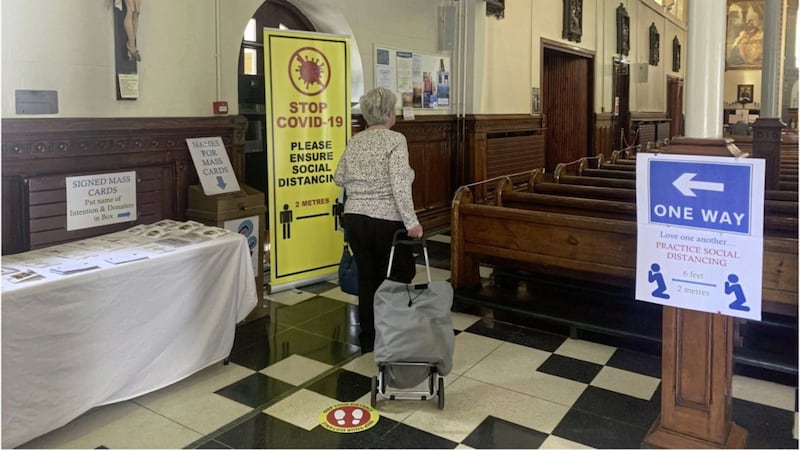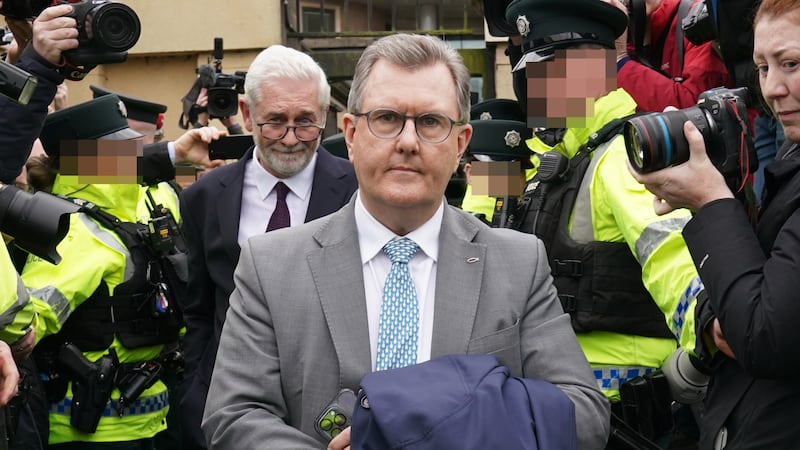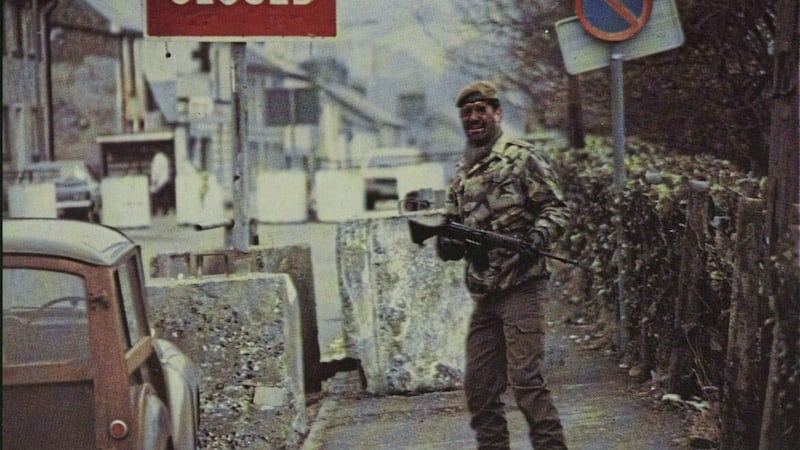WITH churches in Northern Ireland getting the go-ahead to resume public worship on June 29, a look across the border gives some idea of how parishes will have to demonstrate that they can open safely.
Places of worship in the Republic were given the same target date of June 29 two weeks ago, so parishes have had a headstart on planning for a new, socially-distanced era of churchgoing.
Archbishop of Dublin Diarmuid Martin, in an update to his parishes this week, acknowledged that "some of the preparations are onerous".
He has asked churches to complete and return a checklist by next week which emphasises that "each parish needs to be able to stand over that all the necessary pre-opening tasks have been completed".
"If not, this may have implications regarding your insurance coverage," warns the document.
"If your church is not ready, then wait until you are fully ready before opening."
It adds that it "may not be possible for all churches to reopen" - the requirements around social distancing inside church buildings, the need for stewards and regular cleaning regimes may be simply too much for some parishes to undertake.
Each of Ireland's four main Churches has issued guidance setting out broad principles of how a safe return to public worship in the Covid-19 era should be managed.
They make clear that individual churches will have to adopt bespoke solutions, for example in response to different architectural layouts or entry and exit arrangements.
Churches need to not only work out their new socially-distanced capacities but also how they will manage the numbers attending.
The Catholic Church, for example, hopes to reduce bottlenecks at Mass by extending the Sunday and holy day obligations.
Archbishop Diarmuid Martin has suggested that "cooperation between churches in the same grouping or neighbouring parishes would be helpful in publicising a roster of Mass times throughout the week to reduce the risk of too many people presenting at any one time".
When churches in Germany reopened in May, in many cases those wishing to attend had to apply for a ticket which could be displayed on a smartphone.
Some Irish churches may introduce similar systems; St Enda's Church in Galway has removed alternate rows of pews to facilitate social distancing and is encouraging parishioners to collect tickets during the week in order to secure a place at Sunday Mass.
A detailed 30-page document called Nothing Can Separate Us From the Love of God, issued by the Catholic bishops in the Tuam province, expands upon the Church's national framework.
Questions on its checklists include whether there is a contract tracing mechanism in place should "clergy, staff, volunteers and contractors etc" develop coronavirus symptoms, if there is an agreed way "for providing everyone with an opportunity to come to Mass while ensuring smaller congregations" and how the new, limited capacity will be communicated to parishioners.
There are sections on 'surge capacity' and 'the role of the steward' as well as options for the distribution of Holy Communion, "the point at which physical distance is more challenging".
Clergy are expected to sign off whether their parish is ready to safely resume public worship - at which there is "widespread unhappiness", according to the Association of Catholic Priests, because of the "expectation, indeed presumption, that they take individual responsibility for orchestrating this demanding and difficult task and by implication to accept blame for, say, a possible cluster of Covid cases in their parish".







